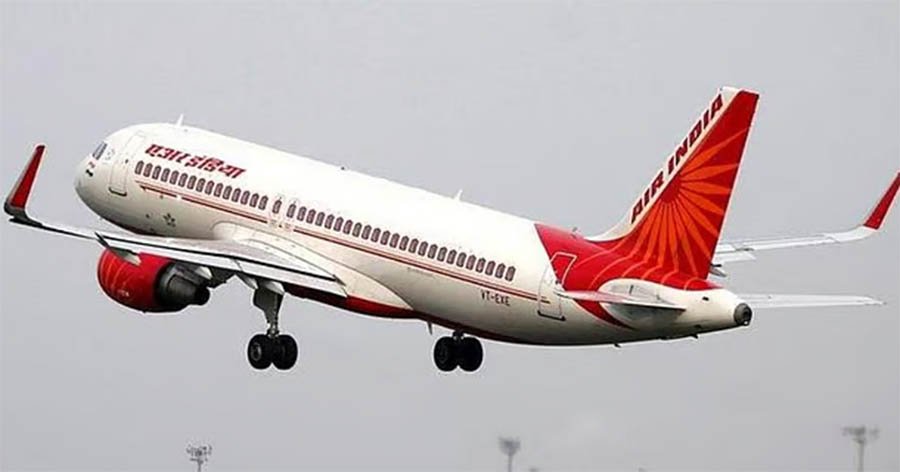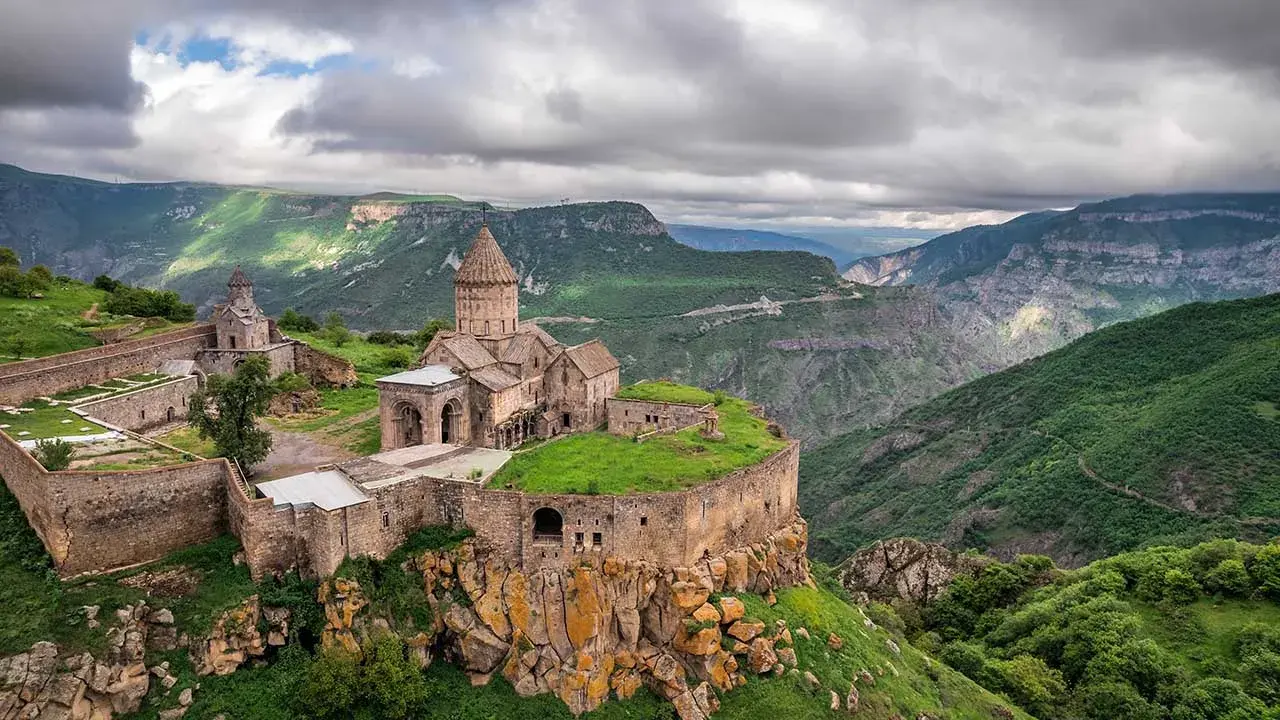People who have migrated to other countries as NRIs or PIOs from Bihar, Jharkhand and eastern Uttar Pradesh celebrate the festival
Overseas Indians, mainly from Bihar, Jharkhand and eastern Uttar Pradesh, celebrated the Chhath Puja in many parts of the world.
Chhath Puja is the most popular religious festival of Hindus in Bihar and its adjoining states. People who have migrated to other countries as NRIs or PIOs (people of Indian origin) from Bihar, Jharkhand and eastern Uttar Pradesh celebrate the festival.
Group events for Chhath happen every year in countries like the UK, the US, and all other places where people from these states are in large numbers.
Some devotees from Bihar were seen performing Chhath in the GCC, mainly the Gulf countries where a large number of Indians come for work every year.

In Oman, a group of people are performing Chhath for the last four years. Oman is a coastal country, it has wide and beautiful beaches that make easy for the devotees to perform the rituals.
“I am in Oman for more than 10 years. My wife performs Chhath, which is an ancient Hindu Vedic festival. During the festival people fast, bathe in the rivers or water bodies and offer prayers to the Sun. The four-day festival concluded on Friday morning this year,” said Sujit Kumar, who is from Bihar and lives in Salalah, the second largest city in Oman.
In Oman, a group of people are performing Chhath for the last four years. Oman is a coastal country, it has wide and beautiful beaches that make easy for the devotees to perform the rituals
The festival starts with Nahay-Khay (a term for pious bathing and preparing vegetarian food without onion). Next day is observed as ‘Kharna’ when devotees prepare ‘Kheer’ (an Indian dessert consisting of rice, sugar and boiled in milk), bread and some traditional sweets mainly made of rice.
After a brief ritual the prepared food items known as ‘Kharna prasad’ is eaten by the devotees and guests, and from here the devotee keeps a fast for 36 hours.
Day after Kharna, the devotees go to some water body in the evening to take bath and pay obeisance to the Sun. It is called Sandhya Arghya (evening offerings).
The festival culminates with ‘Usha Arghya’ (morning offerings to the rising Sun) when devotees go to some water body a little before sunrise and offer prayers. After this they break their fast.
************************************************************************
Readers











